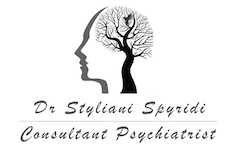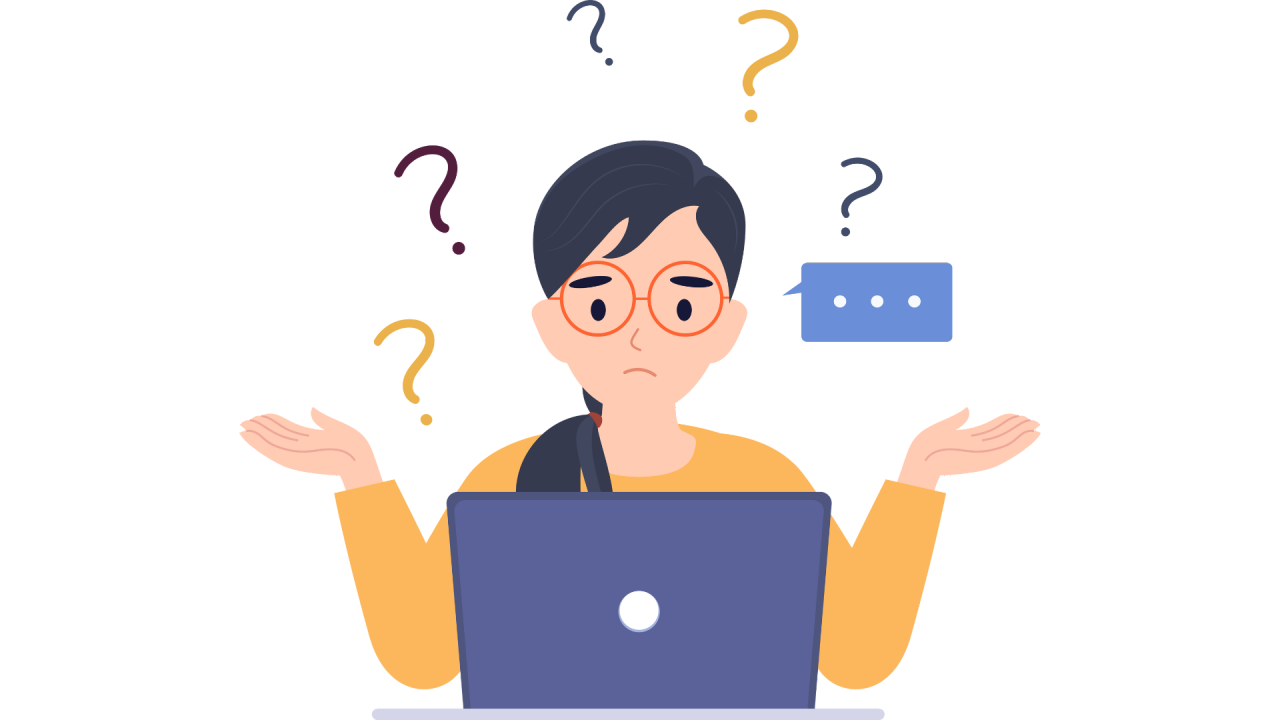*By Dr. Styliani Spyridi, Consultant Psychiatrist | Private Psychiatry Clinic, Limassol When people think about…

Why You May Feel Emotionally Drained After Family Gatherings—Even the “Good” Ones
By Psychiatry-cy | Limassol, Cyprus
Whether it’s Easter, Christmas, or another big holiday, family gatherings have a way of stirring up deep emotions. You may arrive hopeful and smiling, but leave feeling oddly depleted, unsettled, or emotionally raw. This post-holiday emotional “hangover” is more common—and more understandable—than you might think.
At our psychiatry clinic in Limassol, we help people from all walks of life explore these complex reactions through an integrative lens that includes neurobiology, psychology, and emotional processing. Here’s why you might feel the way you do after a family event, and what you can do to support your mental well-being.
The Brain Under Pressure: Neurochemical and Neurobiological Insights
During a family gathering, your brain is navigating dozens of unspoken social dynamics at once. Even if the event appears relaxed, your nervous system may be working overtime behind the scenes:
Cortisol, the stress hormone, often spikes during intense social interactions, particularly if there’s tension or unspoken emotional history. This can leave you feeling drained, foggy, or irritable afterward.
Oxytocin, the bonding hormone, may rise in positive moments—like hugging a loved one or reminiscing—but its absence or inconsistency can lead to feelings of rejection or emotional hunger.
Your sympathetic nervous system might stay activated throughout the event, especially if you’re masking discomfort, managing conflict, or simply trying to meet social expectations.
Brain Structures That Light Up (And Burn Out)
Your prefrontal cortex—the region responsible for self-regulation and social decision-making—is constantly engaged. After hours of small talk, emotional filtering, and “playing your part,” cognitive fatigue is inevitable.
The amygdala, your brain’s emotional alarm system, can become overactive in situations that feel emotionally loaded or uncertain. Even subtle reminders of past experiences can trigger it.
Meanwhile, your hippocampus is encoding new social-emotional memories and comparing them to old ones, which can sometimes reopen unresolved emotional wounds.
The Psychological Layers: Family, Identity, and Expectation
The emotional intensity of family gatherings isn’t just about what’s said or unsaid in the room. It’s about who you are in that space—and who you used to be.
You may unconsciously slip into old roles or dynamics from childhood. These can feel at odds with your current self, triggering emotional dissonance.
If you arrive with the hope of closeness, reconciliation, or acknowledgment and don’t receive it, you may experience grief, disappointment, or even shame.
On the other hand, a genuinely warm interaction might open emotional doors you weren’t prepared for—leading to an unexpected mix of joy, vulnerability, and sadness.
But There’s Also Beauty In It
Not all emotional intensity is negative. When family gatherings go well, they can be deeply regulating and healing.
Positive social bonding boosts oxytocin, dopamine, and serotonin—all of which contribute to feelings of connection, grounding, and emotional safety.
New, supportive interactions can reshape old emotional narratives, offering a chance to build trust and resilience.
Even difficult moments can offer opportunities for self-reflection and growth, especially with the support of a skilled therapist or psychiatrist.
So Why Do You Feel “Weird” Afterward?
After the social high—or challenge—your nervous system needs to recalibrate. It’s normal to feel:
Emotionally numb or overstimulated
Tired or irritable
Reflective or confused
Even euphoric—but unsure why
This is your mind and body coming down from a meaningful, multilayered experience. You were seen, in some way. That alone can be emotionally profound.
Supporting Your Recovery After a Gathering
If you feel emotionally unsettled after a family event, try the following:
Allow quiet time to decompress—your brain needs recovery space.
Journal or reflect on what was stirred up—especially if patterns or emotions surprised you.
Talk it through with a trusted friend, therapist, or clinician. Processing in a safe, supportive space can help make meaning of complex emotions.
Care for your body—good sleep, hydration, and movement will help regulate your nervous system.
Integrative Psychiatry for Life’s Complex Moments
At Psychiatry-cy in Limassol, we take an integrative approach to mental health—one that acknowledges how relationships, neurobiology, environment, and personal history all shape how we feel and function.
Whether you’re struggling with anxiety, trauma, burnout, or simply want to understand yourself better, we are here to support you.
Because healing doesn’t only happen when you’re in crisis—it happens when you’re ready to understand yourself more deeply.
Contact us for private consultations in Limassol or via secure telehealth for international clients.



